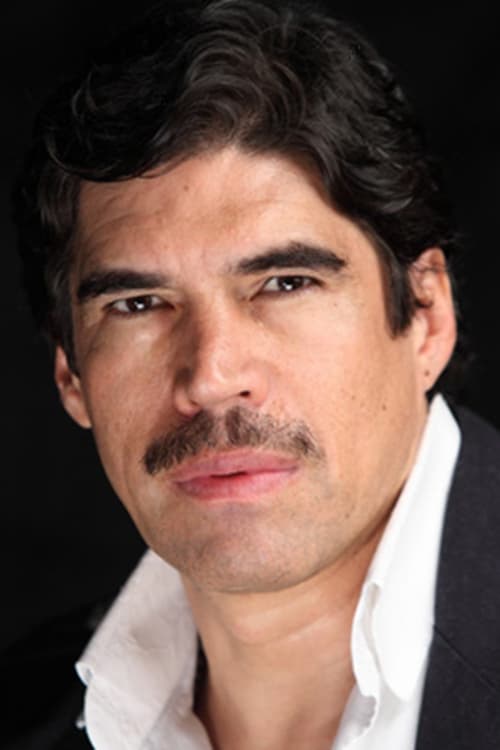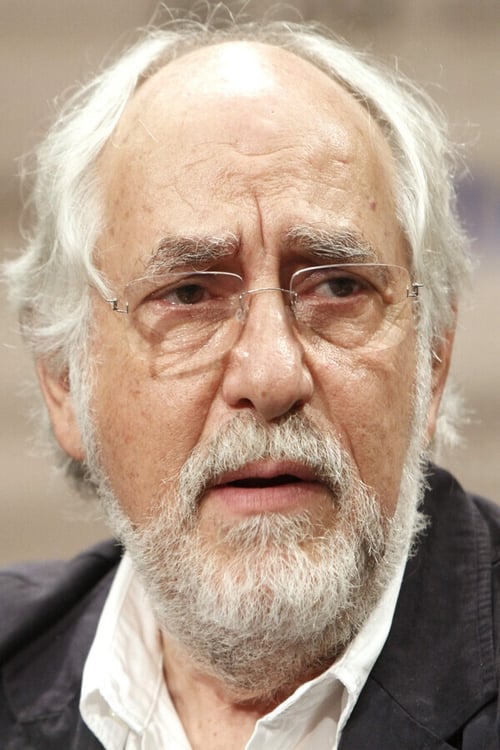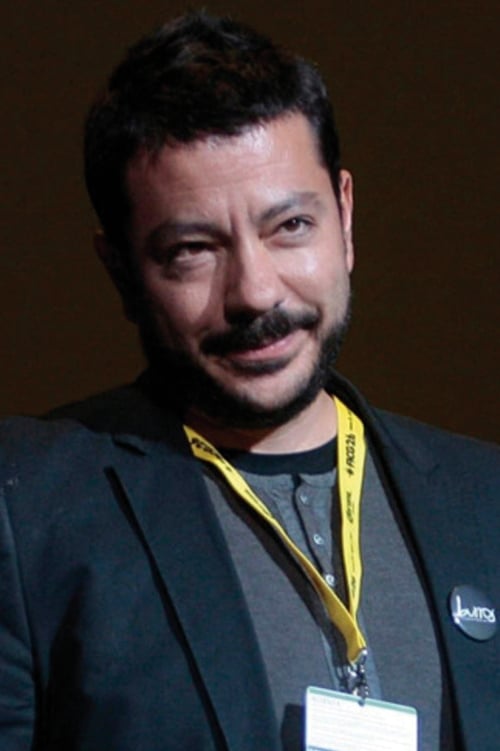Bleak Street (2015)
Gênero : Drama
Runtime : 1H 39M
Director : Arturo Ripstein
Escritor : Paz Alicia Garciadiego
Sinopse
Two wrestlers decide to go to a hotel in order to meet two prostitutes.

Aos 18 anos, María é uma sonhadora solitária e promíscua, lutando para dar sentido à sua vida em uma dura e intensa Cidade do México. No último dia de escola, embarca em uma épica viagem rodoviária, partindo do caos urbano para os desertos de Sinaloa e os vastos oceanos de La Paz. Dentro dessas imensas paisagens, o mundo natural abraça María com intensidade poética.
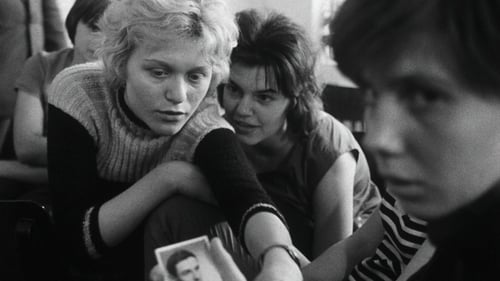
A câmera subjetiva encontra liberdade e alegria em meio à rígida conformidade da vida em um internato comunitário de fábrica na Tchecoslováquia dos anos 60.

A true story of a doctor and his wife who went on a journey in order to prove that discoverer Christopher Columbus was in fact Portuguese. Inspired by the book "Cristóvão Colon Era Português".

A well educated and humble teacher arrives in a new city and at a new job in the pre-revolutionary Iran. He falls in love with a hardworking underprivileged young woman that nurses her very old mother and raises her young brother. In an environment where commitments and social problems often stand in the way between people and their dreams.
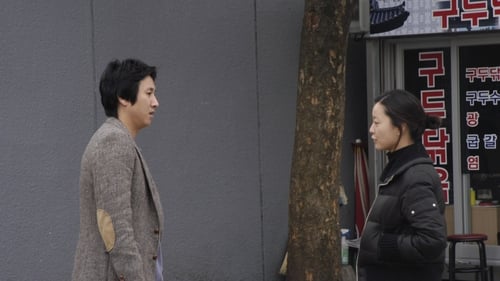
Hong Sang-Soo’s Lost in the Mountains (South Korea, 32min) the visitor is the supremely self-centred Mi-Sook, who drives to Jeonju on impulse to see her classmate Jin-Young – only to discover that her friend is having an affair with their married professor, who Mi-Sook once dated herself. The level of social embarrassment goes off the scale. In Naomi Kawase’s Koma (Japan, 34min), Kang Jun-Il travels to a village in rural Japan to honour his grandfather’s dying wish by returning a Buddhist scroll to its ancestral home. Amid ancient superstitions, a new relationship forms. And in Lav Diaz’ Butterflies Have No Memories (Philippines, 42min) ‘homecoming queen’ Carol returns to the economically depressed former mining town she came from – and becomes the target of an absurd kidnapping plot hatched by resentful locals. Serving as his own writer, cameraman and editor, Diaz casts the film entirely from members of his crew and delivers a well-seasoned mix of social realism and fantasy. —bfi

Director Jonas Mekas travels through New York nights, through apartments, studios, backstage rooms, galleries, bars, and clubs. Encountering old acquaintances like Ken and Flo Jacobs, Yoko Ono, friends, brothers and sisters, sons and daughters. Mr. Mekas begins the film with the words 'I can't sleep.' Who hasn't been in this situation? Sleepy and yet wide awake at the same time, you find yourself in the world of those exhausted from the day's exertions, the drunk, the relaxed, the dancing, the brooding, the mourning, and the pensive.
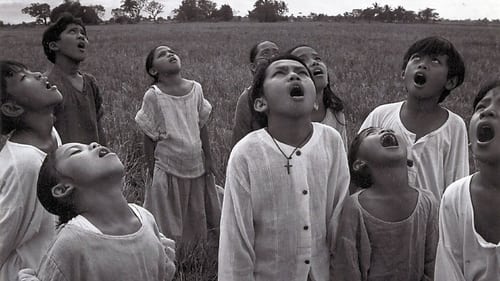
What follows is a black-and-white silent film set in the 1890s during the brewing Filipino revolution against Spanish colonialism. A series of tragic and comic sequences tells the Three Ages of an Indio (“common man”) as he progresses from boy bell ringer in a village church to teenage revolutionary to adult theater actor rehearsing a popular Spanish play.

A documentary portrait of Miho Shimao, widow of renowned Japanese writer Toshio Shimao.

A 15-year-old Somalian boy meets a 40-year-old Iranian man in a refugee camp in Skåne, in the south of Sweden. With the threat of deportation hanging over them, they decide to take their faiths in their own hands and together they go on a journey in the Swedish summer.

This intimately narrated journey from Russia to Rotterdam, via rail, road and Finnish ferry, is a melancholy meditation on divinity, time and place in art, purpose (or its lack) and the loneliness of the soul. Passing through misty snowscapes, half-glimpsed cities and the icy night sea-swell.
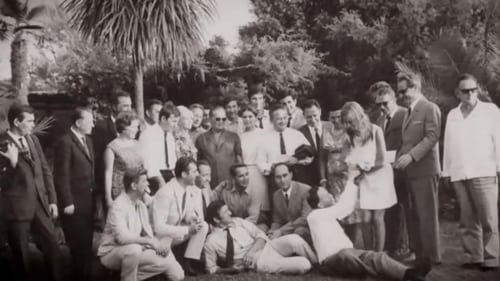
Esta espantosa e agridoce crónica da indústria cinematográfica jugoslava reconta como o cinema foi usado, muitas vezes com a intervenção direta do presidente Josip Broz Tito, para criar e recriar a história da jovem nação, repleta de heróis e mitos que nem sempre aderiam estreitamente à realidade.
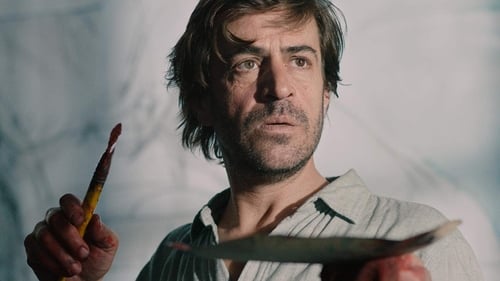
Federico Veiroj’s fourth feature examines the many, often contradictory layers that make up one’s persona, in this case, a single dad and acclaimed artist who must learn to balance family with creativity.

An omnibus project examining, well, the state of the world.
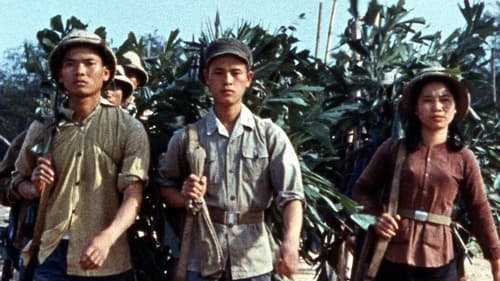
In seven different parts, Godard, Ivens, Klein, Lelouch, Marker, Resnais, and Varda show their sympathy for the North-Vietnamese army during the Vietnam War.
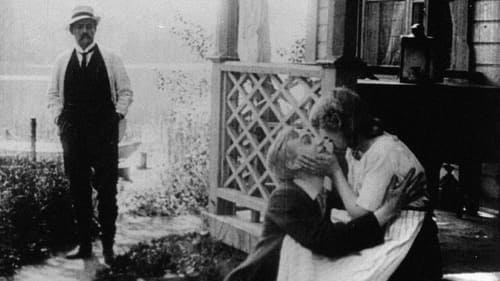
A gardener's son has fallen in love with the daughter of one of the workers at the nursery, and the two are married. The gardener then kicks his progeny off the property and begins to act despicably toward his son's wife.

Mahmad é um jovem que trabalha em um estúdio fotográfico. Certo dia, fazendo um trabalho nas ruas de um bairro rico da cidade, ele se depara com uma linda garota por quem logo se apaixona. Empenhado em conquistá-la, ele decide mudar o seu visual.
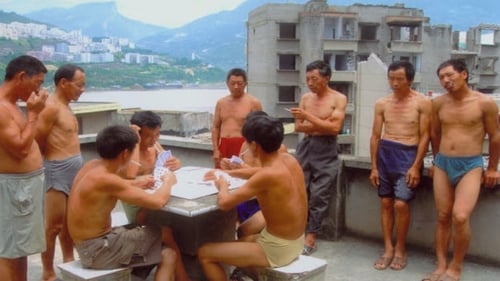
Jia Zhangke travels with painter Liu Xiaodong from China to Thailand as they as they meet everyday workers in the throes of social turmoil. Liu Xiaodong is well-known for his monumental canvases, particularly those inspired by China's Three Gorges Dam project. Jia Zhangke visits Liu on the banks of Fengjie, a city about to be swallowed up by the Yangtze River. The area is in the process of being "de-constructed" by armies of shirtless male workers who form the subject of Liu's paintings. Liu and Jia next travel to Bangkok, where Liu paints Thai sex workers languishing in brothels. The two sets of paintings are united in their subjects' shared sense of malaise in the face of the dehumanizing labor afforded them.

As three pregnant women wait to have their babies in a hospital in Stockholm at the outbreak of the Great War, they relive their childhood and youthful experiences.
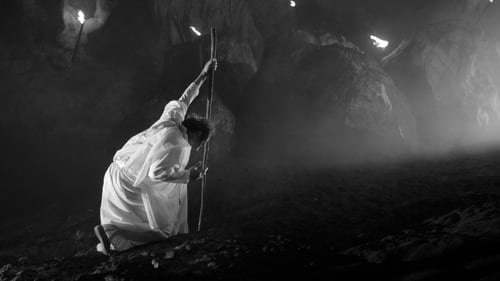
Andrés Bonifacio is celebrated as the father of the Philippines Revolution against Spanish colonial rule. This eight-hour epic examines this myth, undertaking an expedition into history through various interwoven narrative threads, held together by an exploration of the individual’s role in history.

Fang Xiuying era um fazendeiro nascido em Huzhou, Fujian em 1948. Ela sofria de Alzheimer durante os últimos oito anos de sua vida. Até 2015, seus sintomas já eram muito avançados e seu tratamento em uma casa de convalescença era ineficaz, então foi interrompido em junho de 2016 e ela voltou para casa. O filme segue sua provação em 2015 e, em 2016, nos últimos dez dias de sua vida.




